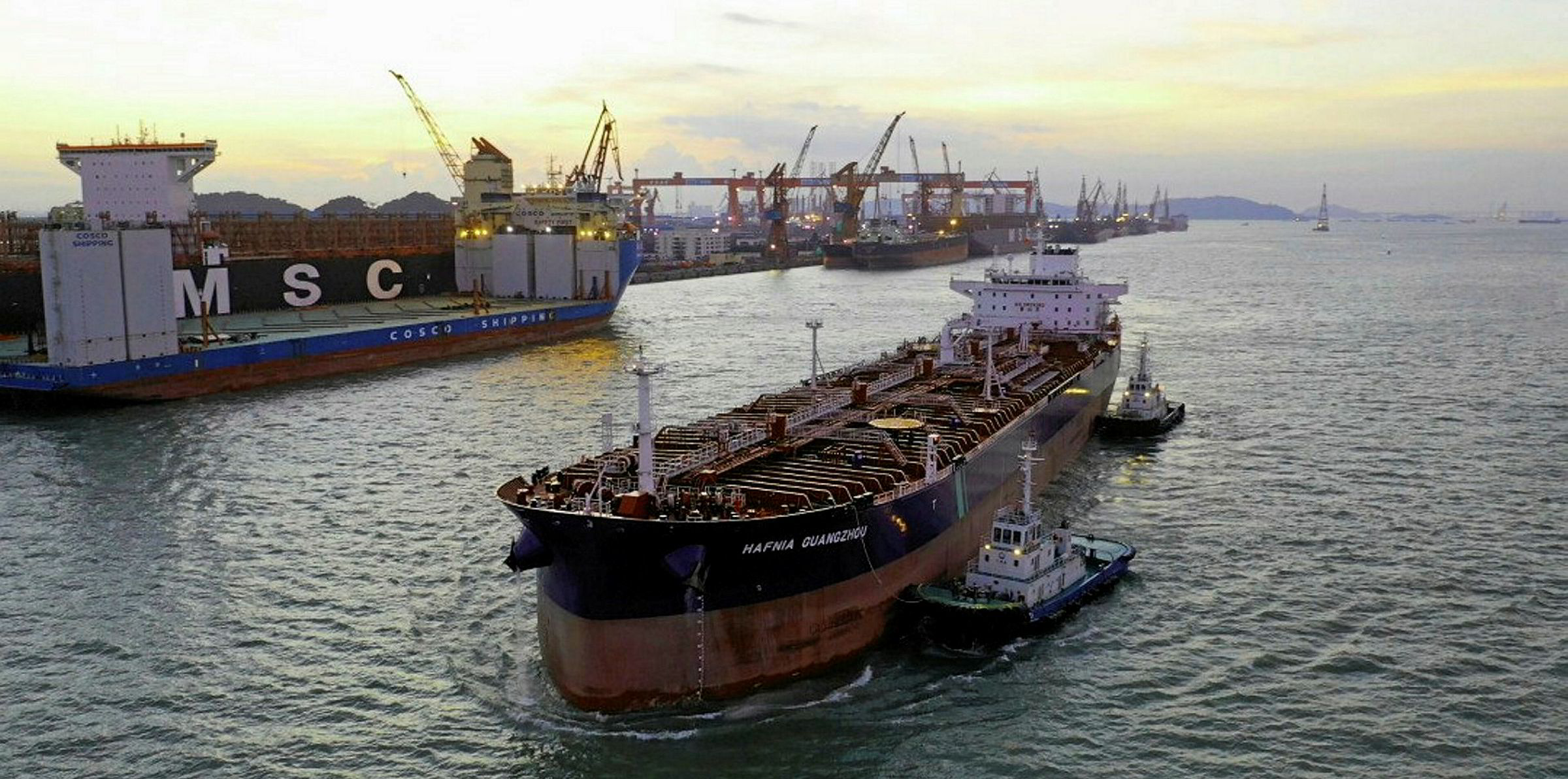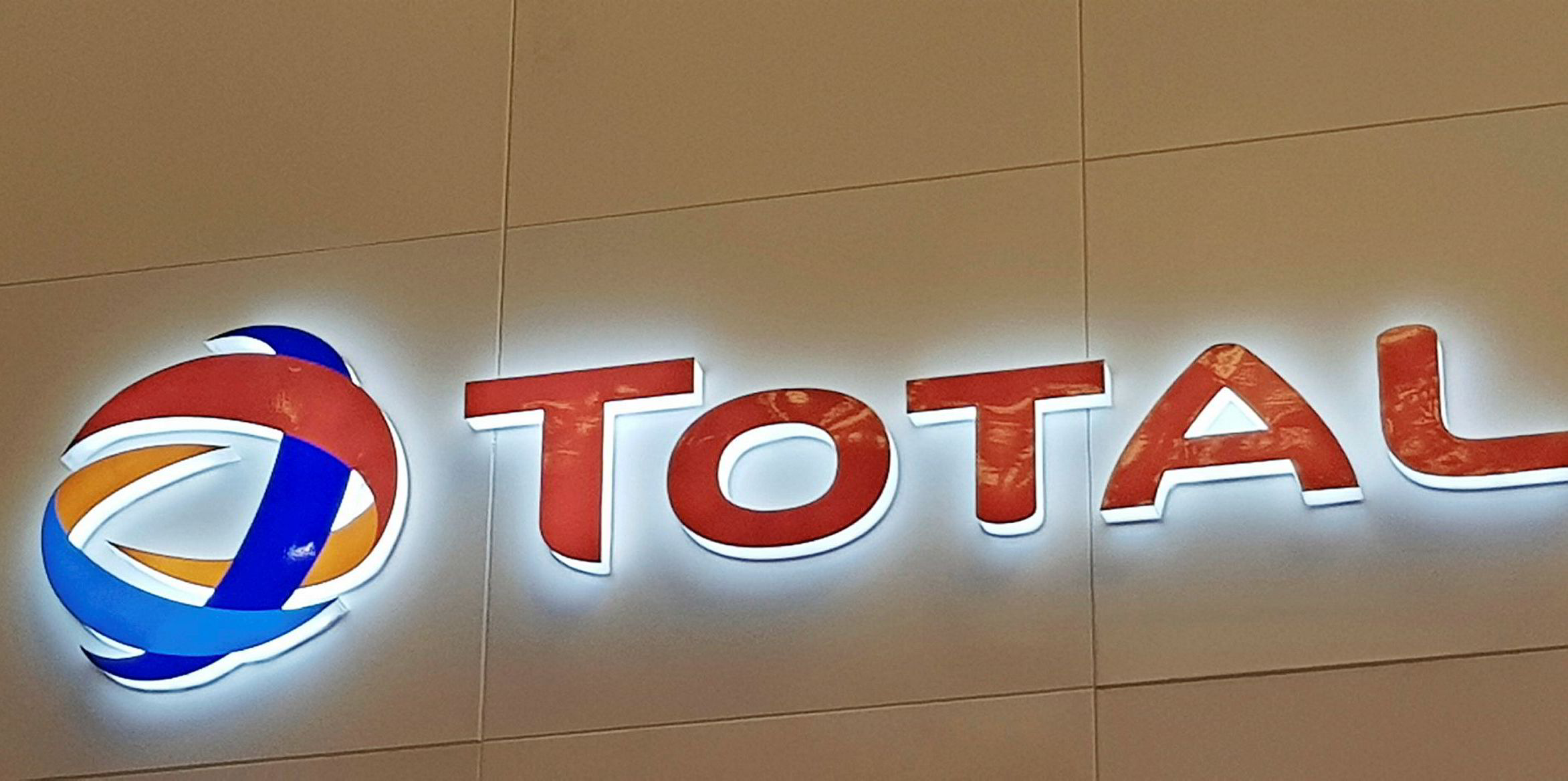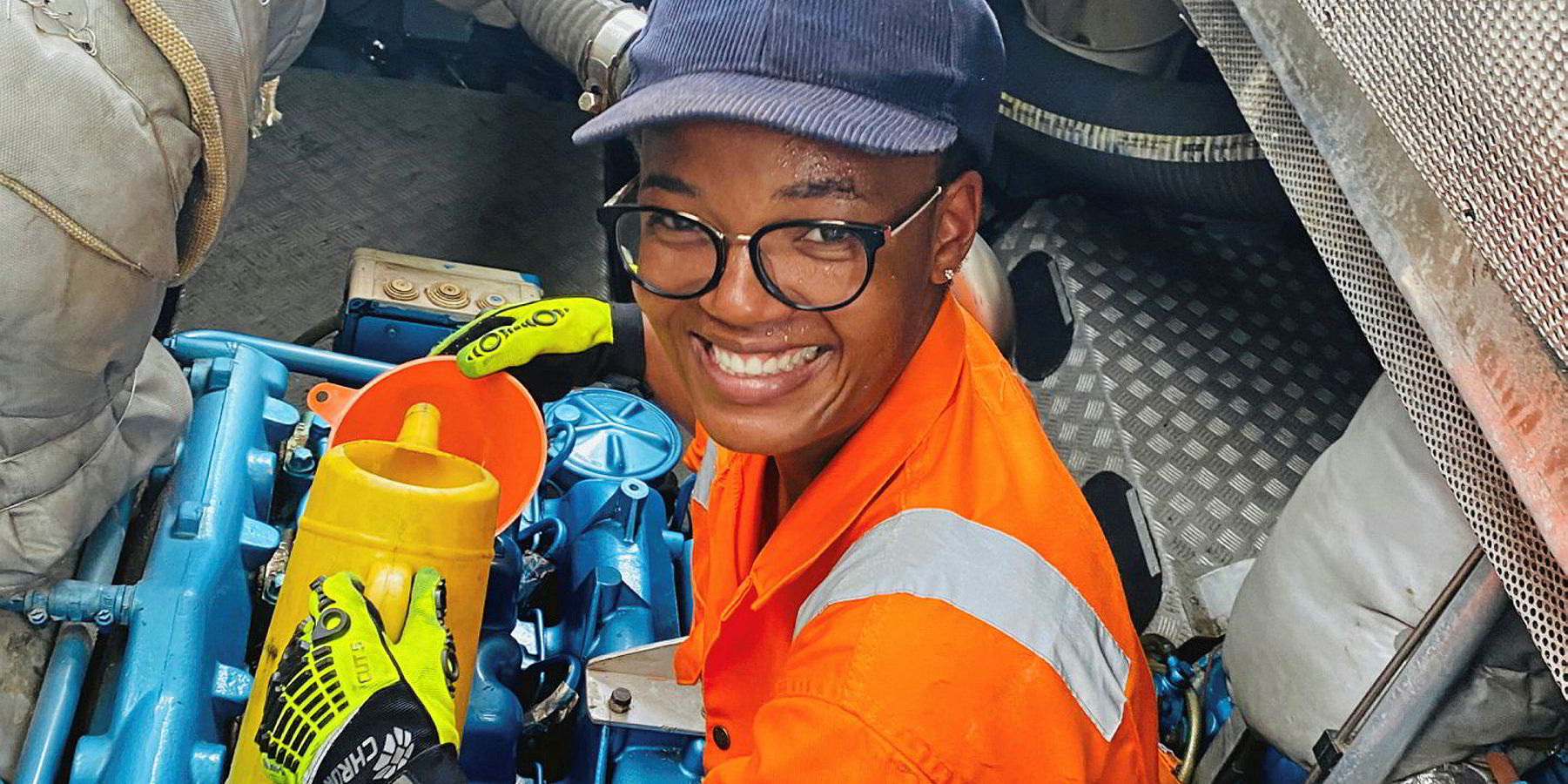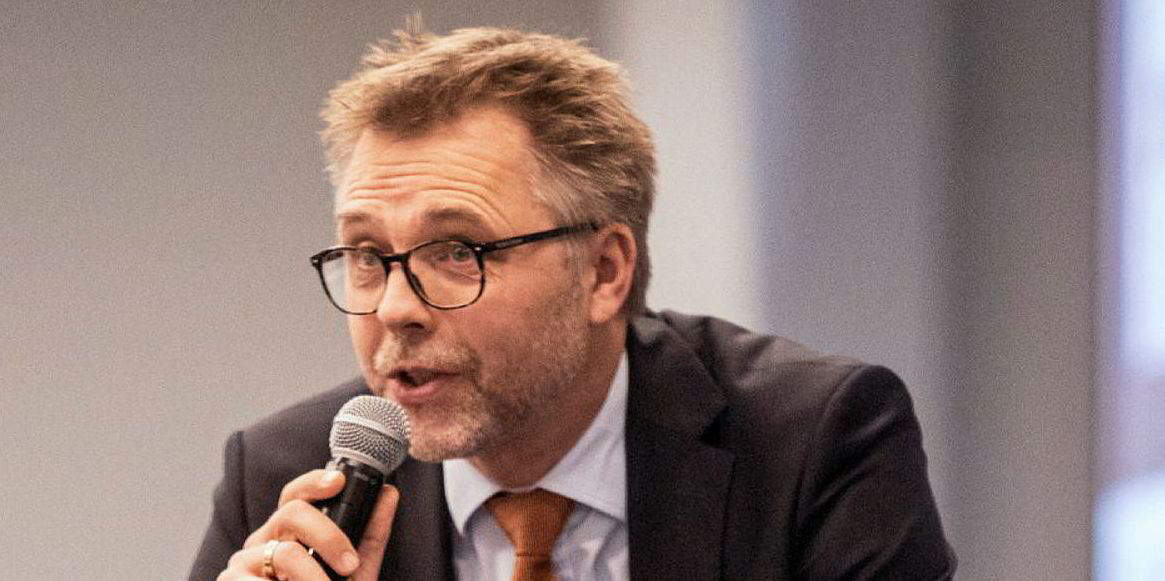Hafnia, one of the world’s largest product tanker operators, has signed up for a new type of waste-derived marine fuel that can reduce emissions of CO2 and air pollutants from shipping.
The Oslo-listed company said it has formed a “technical partnership” with energy venture Arq, whose novel technology can transform coal waste into a micro-fine hydrocarbon powder for bunker blending.
As part of the agreement, some of the Hafnia-operated vessels will soon conduct trials of the blending component named Arq Fuel.
Hafnia procures marine fuel for about 450 vessels via its bunker services arm, and the company aims to expand the test runs for all those ships in mid-2021.
“We are optimistic that Arq Fuel will prove effective in helping Hafnia, and the shipping industry at-large, meet its greenhouse gas reduction targets,” said Ralph Juhl, Hafnia’s executive vice-president for technical matters.
UK-based Arq will start to supply commercial quantities of the fuel in the US from the second half of next year. Trading giant Vitol – an investor in Arq – will be the exclusive distributor via its tanks in New Orleans.
Moreover, Arq said it is already advancing plans to establish further processing plants and blending facilities at key hubs in the US, Europe and Asia.
“We are delighted at the prospect of Hafnia becoming one of the first adopters of Arq Fuel as a marine fuel blending component,” said Mike Muller, head of Vitol Asia.
Bunker products using Arq Fuel emit 12% less CO2 and 39% less fine particulate matter than residual fuel oil on a lifecycle basis, according to a study of consultancy Anthesis.
As the International Maritime Organization is tightening emissions regulations, Hafnia said it will work with Arq to optimise bunker blends which meet environmental standards and maximise cost efficiencies.
Part of the Andreas Sohmen-Pao BW Group, the company has been involved in several decarbonisation projects lately.
In August, Hafnia’s joint venture with CSSC (Hong Kong) Shipping ordered four dual-fuel LR2 tankers at Guangzhou Shipyard International against charter contracts from Total.
Hafnia last month also unveiled a $10m joint investment with an unnamed firm in a new methanol production plant in Washington, the US, which will fully offset its emissions from direct and indirect sources within its home state.






